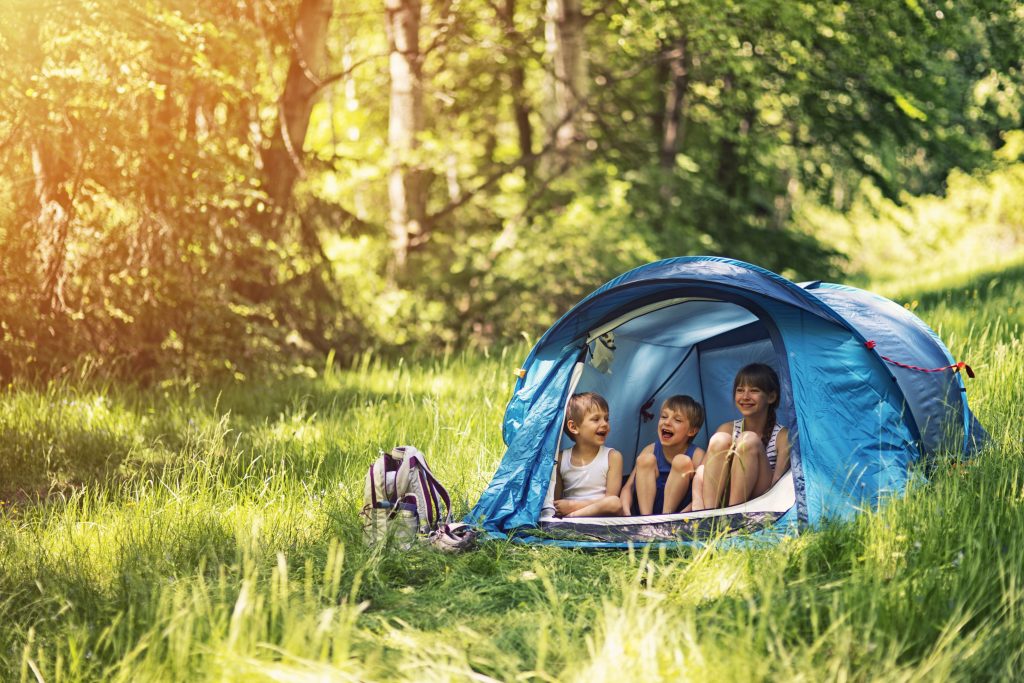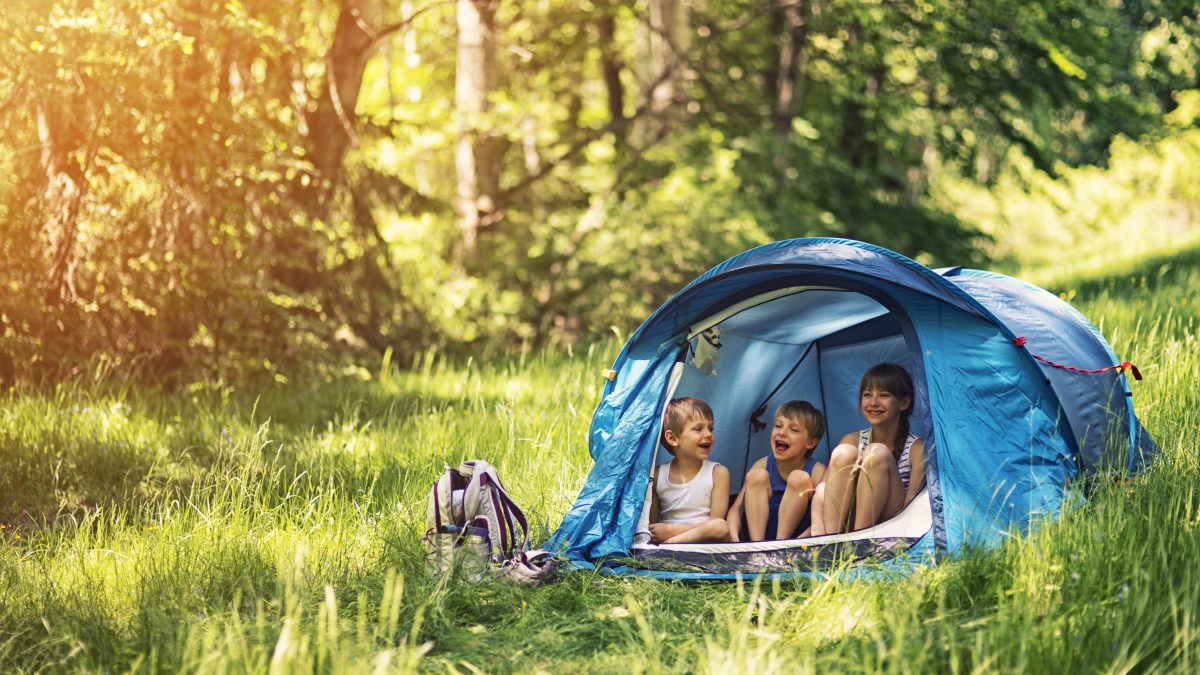Davina Richardson, RGN/RSCN Specialist Children’s Nurse at Bladder & Bowel UK, explains how to manage bedwetting on trips away from home with family, schools or clubs.
Bedwetting is a troublesome medical condition that affects about 20% of children aged 5 years old and about 10% of children who are 7 years old. When children are only wetting occasionally, bedwetting may get better with age. It is less likely to improve without treatment for children who wet the bed most or every night.
Bedwetting is usually caused by:
- The kidneys making too much urine (wee) while the affected person is asleep
- The bladder not being big enough to hold all the wee that is made during sleep
- The bladder is ‘twitching’ while it fills, which causes it to empty before it is full. If this happens during sleep the bed will get wet
- A combination of all of these
All children who wet the bed are not able to fully wake up to the bladders signals that it needs to empty.
Bedwetting during trips away from home
Managing bedwetting can be difficult during trips away from home, particularly if you are anxious about someone else’s bed getting wet. Often children are more likely to be dry on nights when they sleep away from home. It is not known why, but it may be because they sleep differently when in a different bed. It may be due to a change in their normal routines. If your child is dry when away from home and starts wetting again when they get back, do not worry. This is not uncommon, but you could ask their doctor or nurse for support.
Things that help your child be more likely to be dry include:
- Drinking well during the day. Primary school children should be drinking about 1500 mls (1.5 litres) of water-based drinks every day. Secondary school children should be having more than this. All children should have extra if the weather is hot or if they are very active. Drinks should be spread out evenly across waking hours with the last drink about an hour before sleep. Drinking well helps the bladder to fill and empty properly and can help prevent bedwetting
- Try to avoid your child having fizzy or caffeinated drinks (tea, coffee, hot chocolate, cola and energy drinks). These can irritate the bladder and make bedwetting worse. If your child is going to have them as a treat, then try to make sure they don’t have them later in the afternoon or in the evening
- Try to avoid your child eating food that contains a lot of salt or protein in the hour before bed. These foods encourage the kidneys to make more urine and therefore may make bedwetting worse
- Make sure your child goes for a wee just before they settle to sleep and as soon as they wake up
To manage bedwetting when away from home you could consider:

- Taking a waterproof mattress cover with you to protect the bed where you are staying. Put it on under the bedding
- Take a washable or some disposable bed mats with you. These can be placed over the bedding to absorb any wetting
- Take your child’s own sleeping bag with a protective sleeping bag liner that can be removed or changed if wet
- Disposable pants are available in most supermarkets and may contain the wetting. These can be put on just before settling to sleep and placed in the rubbish in the morning if they are wet
- Some companies sell washable pants that have extra padding or a pouch to hold a special disposable pad to help contain the wetting. These may help to protect the mattress and bedding
- Waking a child to take them to the toilet is no longer recommended as a management for bedwetting. However, doing this once a night – before you go to bed – for a few nights while you are away may help to keep the bed dry for the duration of the trip. Do not be tempted to continue to do this when you are home again though
- Your child’s doctor may recommend some medicine to help reduce the amount of urine your child makes overnight. This can be an effective treatment for some children. If it is prescribed, then do try it for at least a week before the trip away as the dose may need to be increased for some children. If the medicine works, then you can talk to your child’s doctor or nurse about continuing it once your child is back home
Trips away on their own
If your child is sleeping away without you, consider speaking to the adult who will be looking after them. If your child is concerned about others finding out about their bedwetting you could think about:
- Giving them some disposable pants inside their sleeping bag for them to put on once in the sleeping bag. Or you could put the disposable pants into a large washbag, so that they can put the pants on under their pyjamas in the toilet, just before they go to bed
- Give your child a bag, such as a nappy sack, so that they can put the wet pull up straight into it when they change
- If you give your child a drink to take with them, they could pretend that the drink has been spilled if they are wet in the morning
If your child is going on a school / club trip away or to stay with a relative
- Discuss with your child about letting one trusted adult know about the bedwetting. They can then help your child if they wake wet in the morning. Schools and clubs will be used to taking children with bedwetting away and will be able to suggest discrete strategies for managing it without others finding out.
What can be done to help?
Assessment is always recommended for bedwetting in children who are 5 years old or more and who are wetting more than two nights a week. Without treatment, bedwetting may continue into adolescence or beyond. If bedwetting is affecting your child then do talk to their doctor or nurse about this as they should be able to provide you with advice and support.
There is information on the causes of bedwetting, things you can try at home that might help and how to discuss the problem with your child’s doctor or nurse at www.stopbedwetting.org.
There is also information on the causes and treatments for bedwetting on the Bladder & Bowel UK website at https://www.bbuk.org.uk/children-young-people/children-resources/
Bladder & Bowel UK provide a confidential helpline with advice and support on 0161 607 8219 and at bbuk@disabledliving.co.uk
By Davina Richardson, RGN/RSCN Specialist Children’s Nurse, Bladder & Bowel UK
UK-URO-2000013
Date of preparation: March 2020







